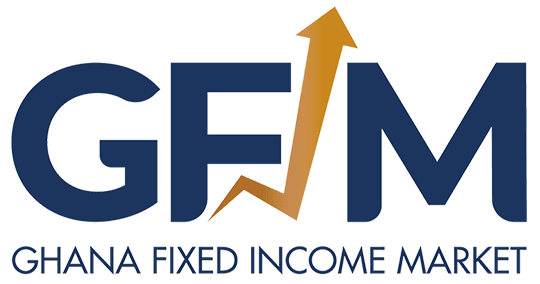Ghana’s fixed income market recorded over 1 billion cedis in trading activity on September 9, 2025, as investors flocked to government securities offering yields above 16% amid sustained appetite for the nation’s debt instruments.
The Ghana Fixed Income Market processed GH¢1.07 billion across 218 trades, with new government notes and bonds accounting for the lion’s share at GH¢834 million, demonstrating robust liquidity in sovereign debt markets.
Government securities dominated trading activity, reflecting both strong investor demand for high-yielding instruments and the state’s continued reliance on domestic borrowing to finance operations. Benchmark government bonds closed with yields ranging from 16.14% to 16.92% for maturities between 2027 and 2038.
Treasury Bills Show Strong Activity
Short-term government funding through treasury bills generated significant interest, with GH¢195 million traded across 117 separate transactions. The most active instrument was a 91-day treasury bill maturing December 8, 2025, which saw 13.29 million cedis in trading volume.
Treasury bill prices closed mostly below par value, reflecting positive yields that continue attracting money market participants seeking short-term returns while managing liquidity needs.
Corporate Market Remains Limited
Corporate bond activity remained modest at GH¢37.4 million across just nine trades, highlighting the underdeveloped nature of Ghana’s private sector debt market. The Ghana Cocoa Board dominated corporate trading with a single transaction worth GH¢31.1 million, reflecting investor preference for quasi-sovereign instruments.
The concentration of corporate activity in government-backed entities underscores the ongoing challenge of developing a deep corporate bond market, as private sector borrowing competes with attractive government yields.
Record Single Transaction
The day’s largest individual trade involved a 2023 government bond worth GH¢376.76 million, demonstrating institutional appetite for substantial government debt positions. This single transaction represented more than one-third of total government bond trading volume.
Repurchase agreement activity totaled GH¢6.97 million across 12 trades, providing short-term liquidity management tools for market participants, though collateralized repo markets showed no activity.
High Yield Environment Persists
The sustained high yields on government securities reflect Ghana’s current economic environment, where investors demand significant premiums for country-specific risks including inflation and currency considerations. Recent trading data shows yields on medium-term government debt ranging from 15.18% to 16.05% for bonds maturing between 2027-2037.
These elevated borrowing costs represent both an opportunity for yield-seeking investors and a fiscal challenge for government debt management, as overall fixed-income market volumes have grown 54.48% year-on-year.
The robust trading activity reflects continued confidence in Ghana’s domestic debt market despite broader economic challenges, with both institutional and individual investors participating in government securities offering returns well above global averages.
Market participants view the sustained trading volumes as evidence of effective price discovery mechanisms and adequate liquidity provision across various maturity segments, supporting the government’s domestic financing strategy.
For the broader economy, the active fixed income market provides crucial funding channels for government operations while offering domestic savers investment opportunities that potentially outpace inflation, though the high yields also signal elevated borrowing costs that impact fiscal sustainability.
Source: newsghana.com.gh











